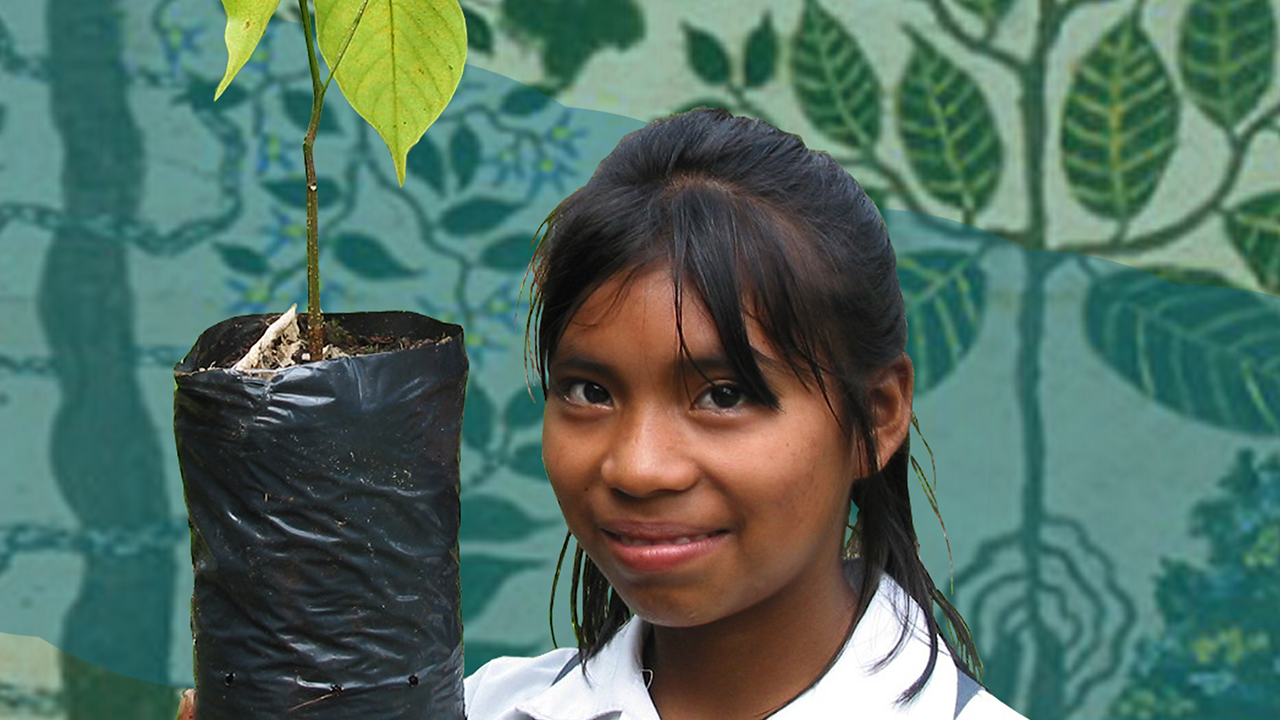Elsa Rengifo and Françoise Barbira Freedman : Registers of Plant Knowledge in Peruvian Amazonia after the Nagoya Protocol: Wich Value is Created?
Duration: 28 mins 31 secs
Share this media item:
Embed this media item:
Embed this media item:
About this item

| Description: | Elsa Rengifo (Peruvian Institute of Amazonian Research) and Françoise Barbira Freedman (Social Anthropology, Cambridge) in collaboration with Stephen Hugh-Jones (Social Anthropology, Cambridge): Registers of Plant Knowledge in Peruvian Amazonia after the Nagoya Protocol: Wich Value is Created? |
|---|
| Created: | 2014-07-21 08:56 |
|---|---|
| Collection: | People and Plants |
| Publisher: | University of Cambridge |
| Copyright: | Glenn Jobson |
| Language: | eng (English) |
| Keywords: | People and Plants; Elsa Rengifo; Françoise Barbira Freedman; |
| Abstract: | Elsa Rengifo (Peruvian Amazonian Research Institute), Dr Françoise Barbira Freedman (University of Cambridge), Dr Stephen Hugh-Jones (University of Cambridge): Registers of plant knowledge and value creation among forest people in Peruvian Amazonia in the light of the Nagoya Protocol
The 2010 Nagoya Protocol on Access to Genetic Resources and the Fair and Equitable Sharing of Benefits Arising from their Utilization (ABS) is a supplementary agreement to the 1992 Convention on Biological Diversity. Since the 1990s plant inventories, encyclopaedias and plant lists have been published in Amazonian countries as foundations of prior knowledge and prior art. In Peru the Nagoya Protocol triggered the Register of Collective Plant Knowledge of Indigenous Peoples according to the 27811 law, in association with the Department of Inventions and Technologies (DIN) and the Copyright Bureau (INDECOPI). To date, 2156 Titles of Registration of Collective Indigenous People’s Knowledge have been granted for over 1000 plant species across 40 ethnic groups (1362 in the Confidential National Register and 794 in the Public National Register). Botanist Elsa Rengifo, who pioneered the Medicinal Plants Programme at the Peruvian Amazonian Research Institute (IIAP), presents her experience in drawing the Register of Amazonian Plant Knowledge, from the collection of plants and plant knowledge in indigenous communities to the compilation and registration with INDECOPI and to publications that firmly place plant knowledge in the public domain. As a social anthropologist Françoise Barbira Freedman reviews the Register in the historical context of ‘indigenous rights’ and intellectual property regimes (IPR) in Amazonia. Concepts of indigeneity, rights and plant knowledge ownership are questionable. How are informants selected? How do community members perceive the Register? In which ways does copyright assist or impede the development of plant-based products by national or foreign entrepreneurs? Is registration an effective deterrent of biopiracy or merely an inventory of locally known plants? Case-studies from two community-based conservation projects in Peru serve to highlight the complex constitution of ‘useful’ plant knowledge in Amazonian communities through three centuries of plant documentation and exploitation by outsiders yet within an enduring animist cosmology in which the immaterial aspects of plants are seen as a main source of their intrinsic value. |
|---|---|

